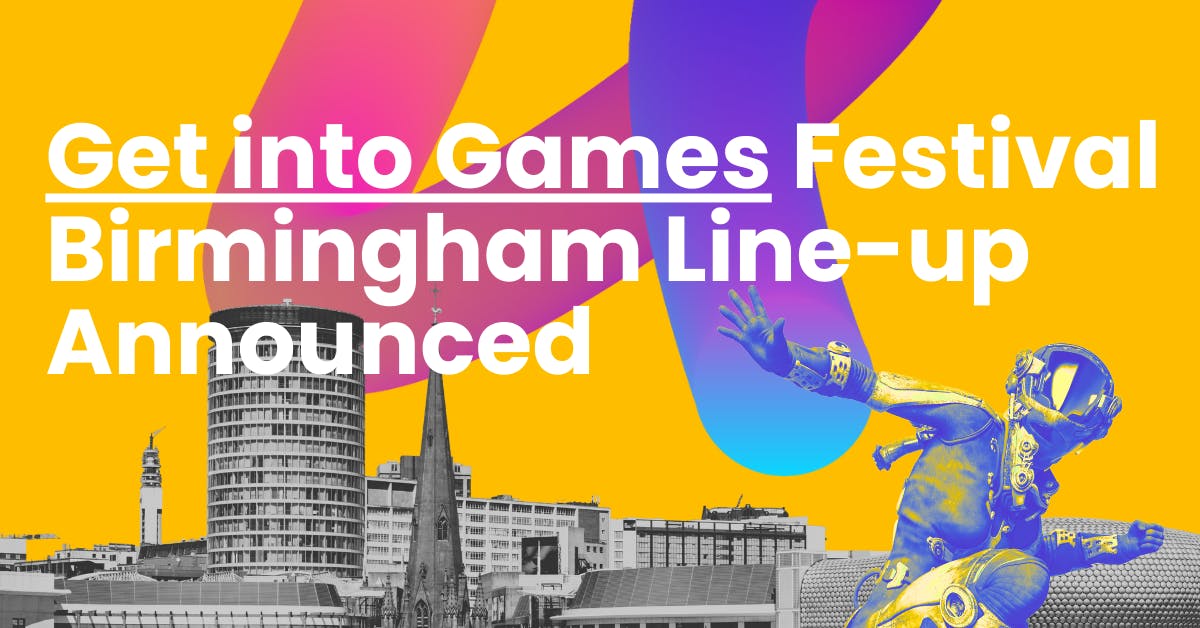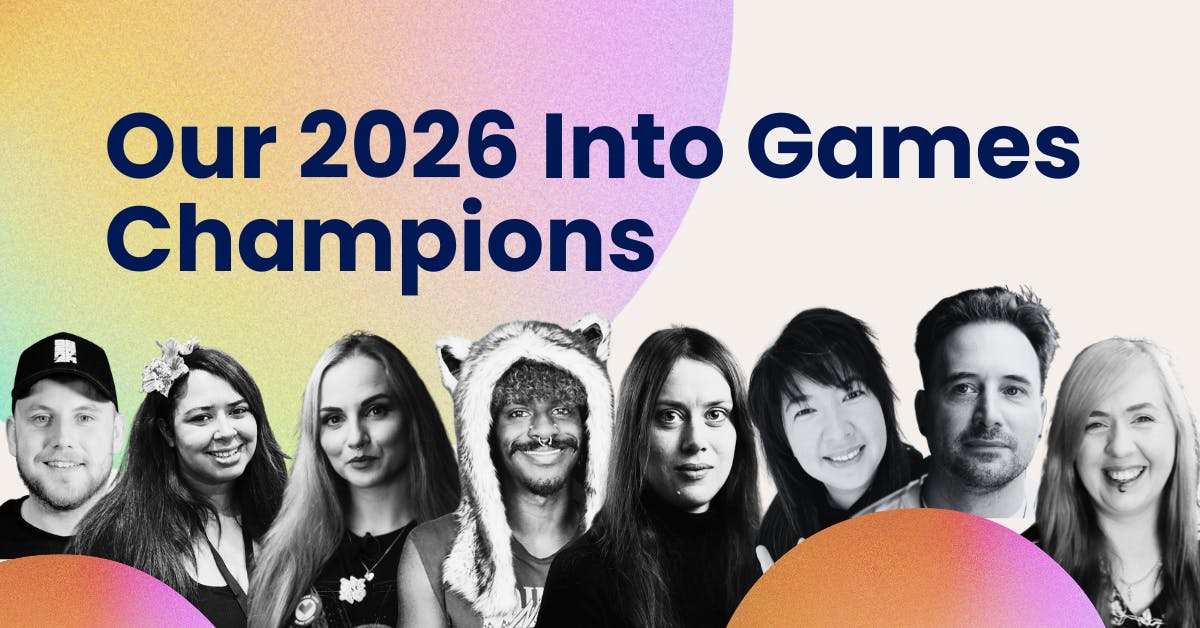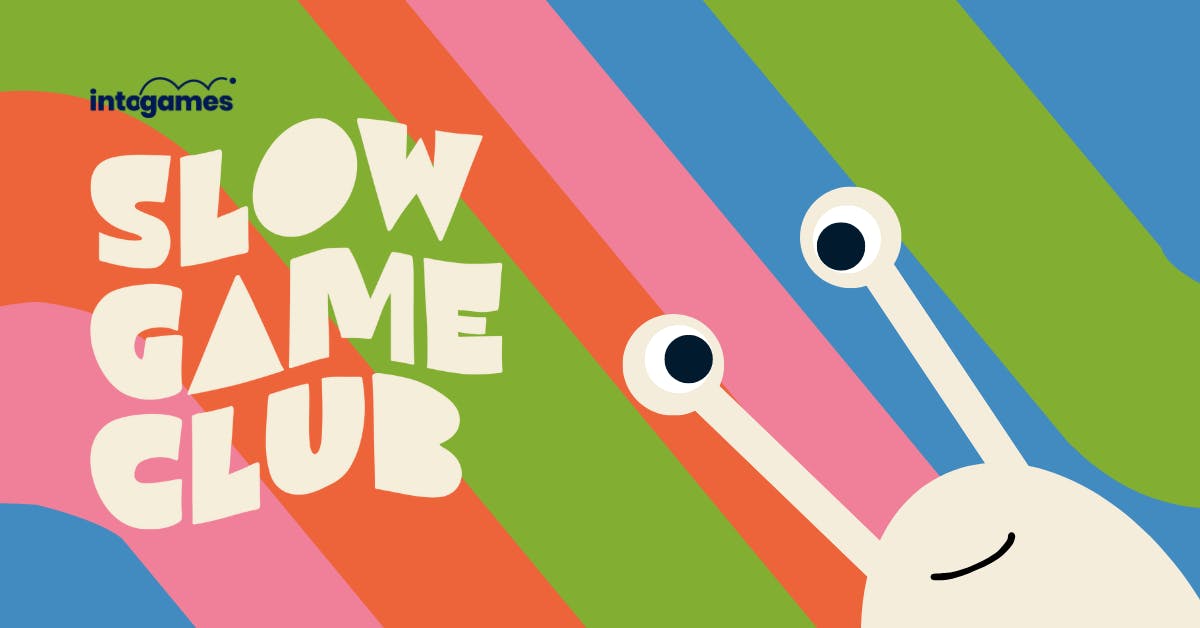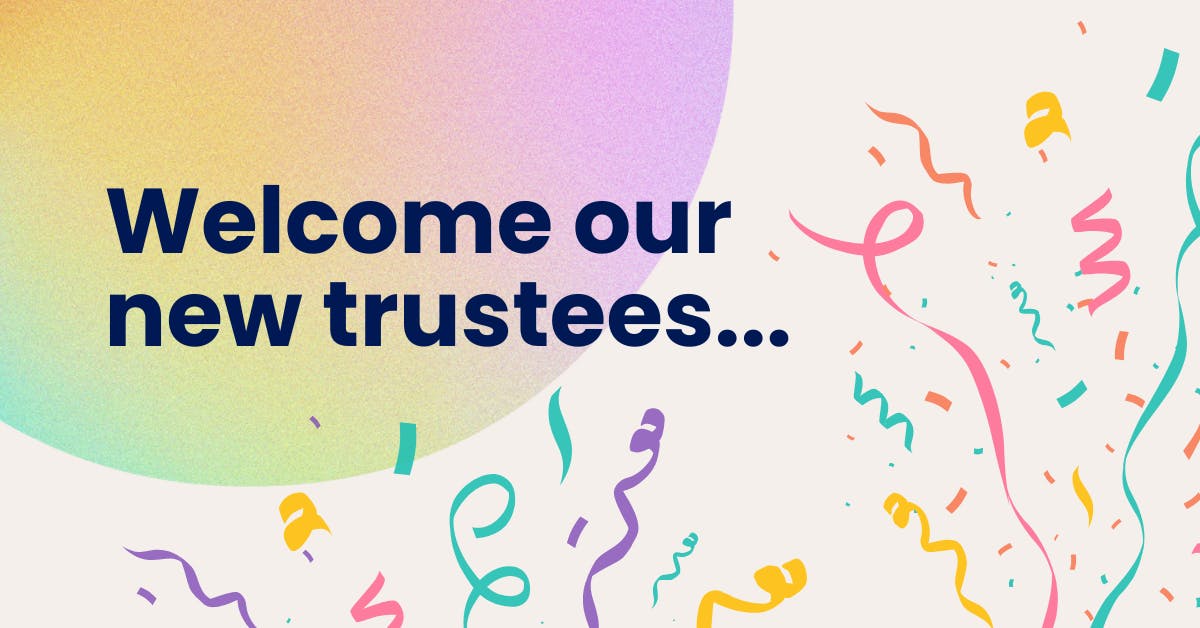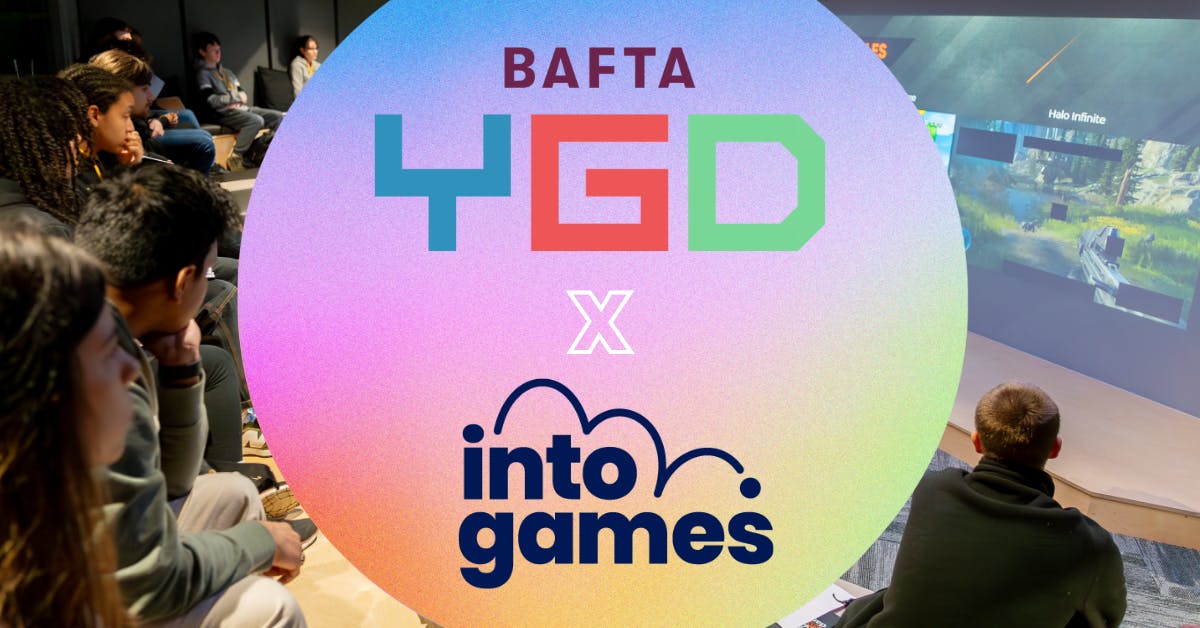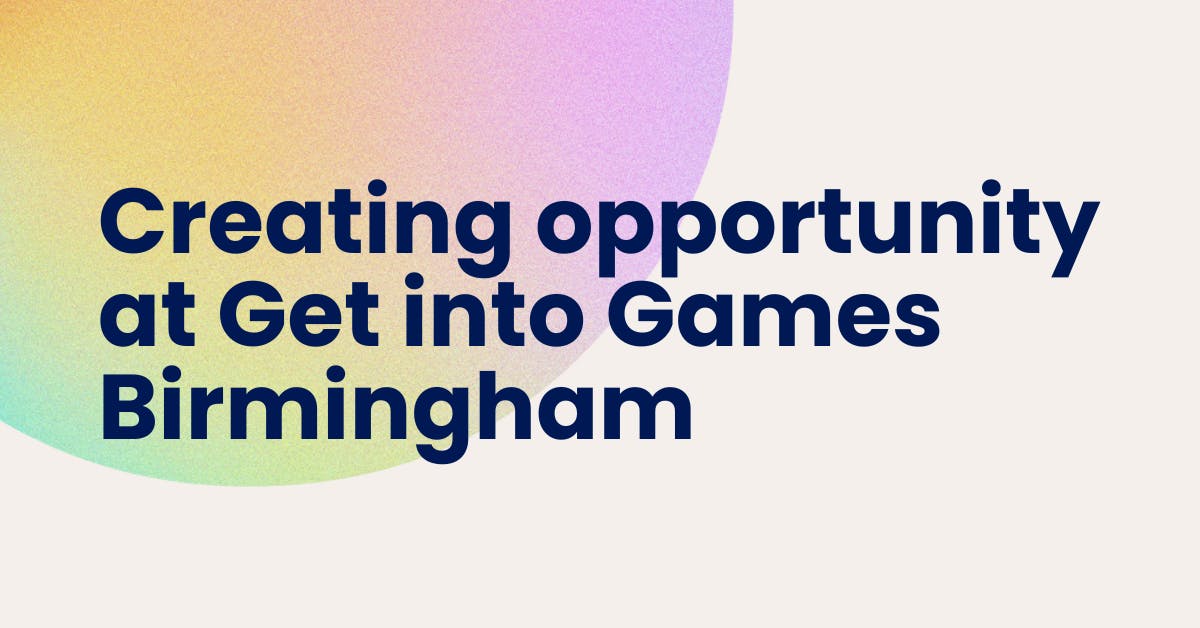
19 August 2020
What does an Economist in games do?

Nicolas Graber is a Game Designer with a specialization for AI and Balance with games economy being an integral part of that balance aspect. Nicolas started working in the industry for Creative Assembly with Total War: Rome 2. Since then, he has worked on most Total War releases including downloadable content. We asked Nicolas some key questions about getting into the games sector.
Explain your role like I'm 5 years old
I am part of a team that creates and changes the rules of a game we have created to bring enjoyment and excitement to our players. If they do not enjoy something, we think about how we can modify the rules while maintaining a level of challenge.
Take us through your average day at work
Most mornings I spend on analyzing our games that have been played overnight – how have people been playing them, what does the data say? I do that either to check if past problems and changes I have made were successful or still need more attention. Sometimes new problems come up, so I start working on potential solutions for them. It also helps me prioritize what is important to work on. Generally, there is a lot of tweaking, testing, and iterating for me to do as most things I work on are not just working or broken but somewhere in between.
This is where it gets subjective and I must organize and look at a lot of different data sources to get a grip on the core question “Is it fun?”. This means talking and listening to anyone that has an opinion on the game ranging from our design team to other teams and QA up to the community playing our games. This is especially tricky with our games’ economy. There are so many factors and moving elements in it and it is also connected to the players' behaviour which can vary a lot as well.
What was your educational and career journey into your current role?
I studied Bioengineering for some time but felt that it was not really fulfilling me in the ways I hoped for, so I started looking elsewhere. My huge passion for video games was up to that point more of a side project. I tried professional gaming, managed e-sports teams and was an avid commentator for Starcraft 2. In the end, I decided to try out how it would be to create games. I joined the industry as a QA tester and worked my way up to my current role.
What do you love most about your role?
I help creating something that I personally and dearly love. I still spend an enormous time after work playing our own games. So as much as I make games for our players I also do so for myself. Additionally, I am a bit of a tinker, I love to understand and figure out complex structures and have an enormous draw to time lapses of maps of histories. My job offers me the chance to interact with all of that daily. In the end, it is something of beauty to me if a complex game is tweaked and balanced to a degree where it runs like a well-oiled machine providing exciting experiences to our players.
What's the hardest thing about your role?
The complexity of all the systems I work on can be very taxing. There are rarely easy solutions and every good idea comes with several potential downsides. Most of the time there is something I missed, looking at this huge picture of interconnected webs. It is also very easy to jump too quickly to conclusions or assume too much which is sometimes necessary because time is of the essence. All that provides quite a challenge but in the end, it is what makes the job so refreshing and exciting.
What key skills should people work on to do your role one day?
Anything that helps you navigate a web of many interconnected systems. I personally rely on my internal ability to visualize this. I would also say being able to follow the question “why” to its core is an important skill to have which sounds easy to do but is not in reality. My education provided me with a good foundation through the scientific method how to identify and reach the root of a problem. On top of that, you need a very good, open and healthy mechanism of receiving feedback because you rely on it so much.
What advice would you give to your younger self looking to get started in the industry?
Do not be scared that the games industry might not be a “proper” industry. There might still be people out there that think this way, but it is not true. This stopped me from pursuing a career in games earlier. Additionally, I would tell my younger self to focus and emphasize working on my own game projects and game mods much more than I did.
Do you have any links to good articles or videos that you think might give some tips or advice to someone starting in your role?
The GDC talks are always a good resource to get started. As a huge Starcraft fan following the e-sports personality Day[9] and his dailies has helped me a lot to get my mindset into looking behind the curtain; learning how to deconstruct and analyse games going beyond just playing. I can only recommend finding people that analyse the games you enjoy the most and participate in that, because beside helping your mindset it is also fun.
Stay up to date
It's time to level up your inbox
Pick which newsletters you're interested in receiving, and customise further by specifying a discipline.
Join our mailing listTell me more
